| Blogs > looklook > Views from the Balcony |
|
Few words about extinct vertebrates---Part I. The flightless bird that was once called Dodo The wingless bird called Dodo, lived happily and without fear of getting killed in Mauritius, now a tiny nation island off the coast of Africa in the Indian Ocean, until the end of sixteenth century, when humans introduced dogs and pigs and other animals onto this beautiful island and started hunting the birds themselves for meat. It will not be out of place to mention that Dodo had no natural predators before the humans settled in the island where this vertebrate lived fearlessly from time unknown! That is why, Dodos although became curious about the new arrivals in their habitat, was not at all afraid of the humans and the other animals landed in the island along with the humans! Perhaps none can now describe how this harmless unfortunate bird exactly looked like! After browsing through various website, I have no hesitation to say that an authentic account of the bird Dodo could not be found in the net. The information that is available in the net or elsewhere about Dodo is based on assumptions and the result of scientific studies done on this extinct species in different places including the island of Mauritius! It is sad that no one bothered to keep either an authentic written description or even a sketch, or painting of Dodo before it gone extinct, for posterity to see! The only description of this bird came from the Dutch sailors who traveled with Jacob van Neck, Dutch naval officer and explorer and one of the first person to ever describe the Dodo, were said to be the group of first humans to have seen the birds in 1598 though the Portuguese sailors were also said to have seen the bird, 91 years before the Dutch! Some scientists believe that the Dodo was an extremely overweight vertebrate. Others guessed that the bird was like an Ostrich! I do not blame the scientists as they can only guess when complete Skeleton of the bird was not available in the world. Last night when I was drafting this article, a dear and close Mauritian friend of mine who still lives in the island called me for something else, told me on being asked about the bird, that a fossil of the bird was discovered on a river bed of the island a few years back and that may help the scientists to know more about this unfortunate creature! It is most unfortunate that the Dutch sailors, who landed in the island in 1598 and colonized it subsequently, did not care to keep even a authentic painting of Dodo, the bird who did not know how to save itself from the late arrivals in the island who initially cleared some portion of forests where the bird lived and built shelters for themselves to live and put the remaining cleared forest land to other uses! The Dutch considered the bird as a part of their food chain after arrival and eventually sent the bird to extinction within a very short time! The animals such as dogs, pigs and rats etc introduced in the island by the Dutch Settlers, also developed a taste for Dodo eggs and destroyed their nests and killed their chicks often. The last of the Dodo was seen alive in the island in 1681. Readers may please view here on this blog, the pictures and also skeletons of Dodo displayed in the glass cages of the National History Museum of Mauritius. . Next blog on another extinct vertebrates- part II  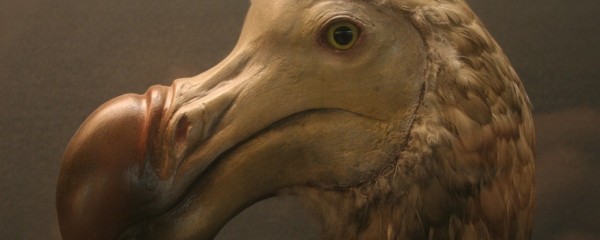  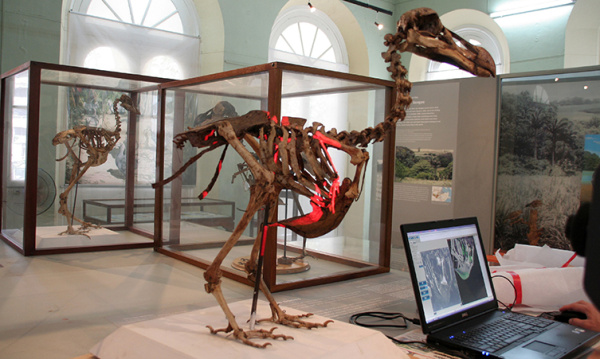 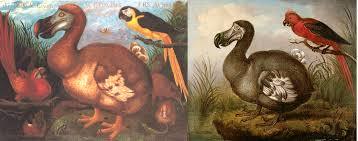 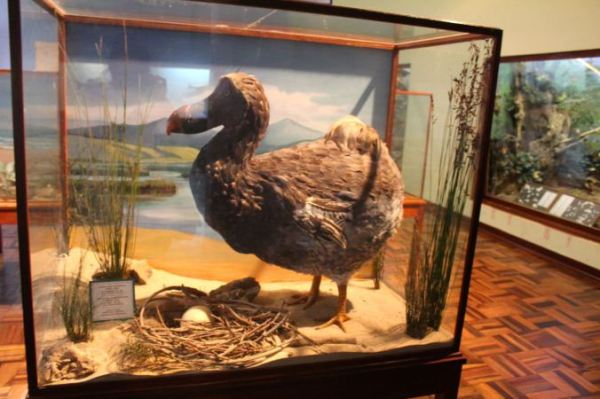   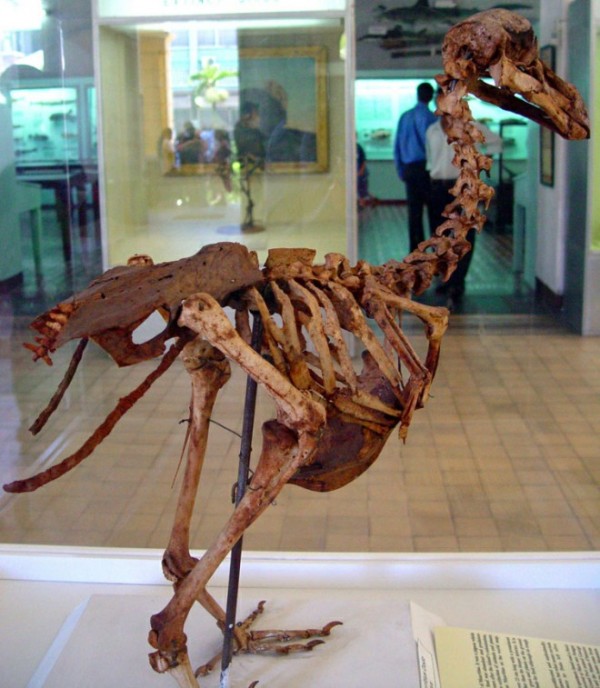  |
|||
|
Are we really humans?
| ||
|
I have seen the fossilized remains of a Dodo Bird in a museum but never any as complete as the ones you show here. Mankind has exterminated many species in his short stay here and many others are endangered due to poaching. I worry about the Bengal tigers, rhino's and the elephants too. Thanks for another informative blog. Fossil Your worries and concern about the ultimate fates of our Bengal Tigers, rhinos and elephants are true and well founded. For the time being, the Bengal tigers seem to be safe in our forest but sorry to tell you that we could not save our rhinos due to poaching and other reasons. The rhinos have disappeared from our land for good! Thanks again for stopping by and taking interest on the blog! look
|
×
×

